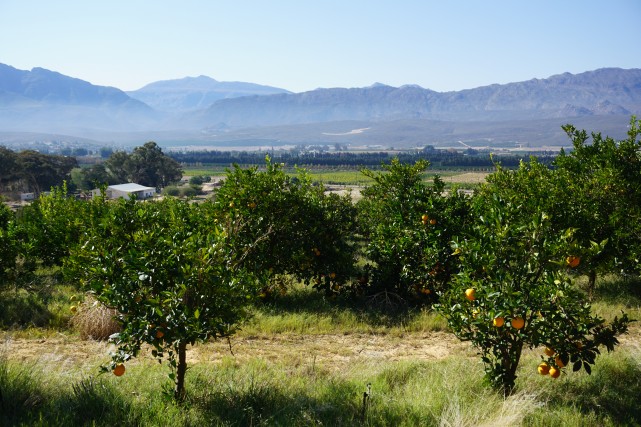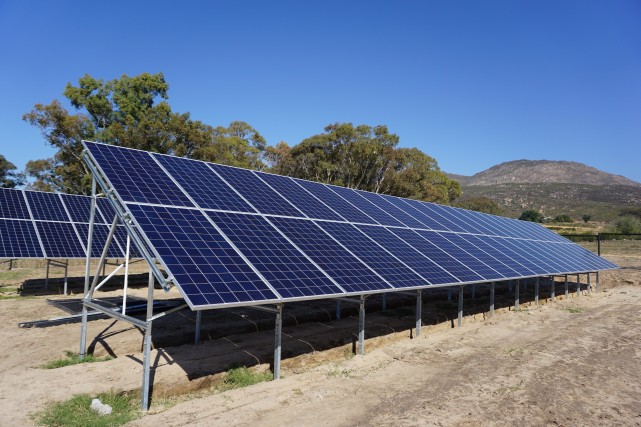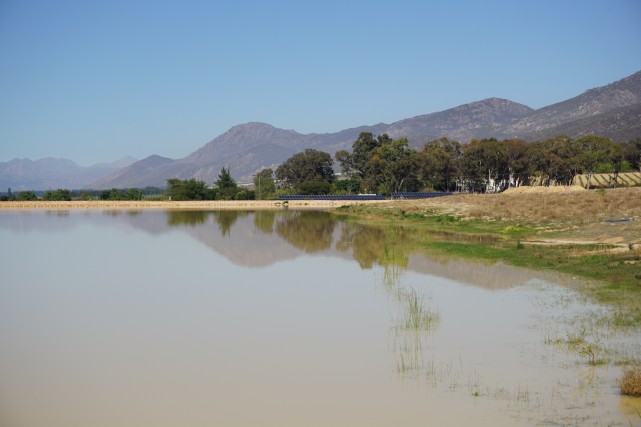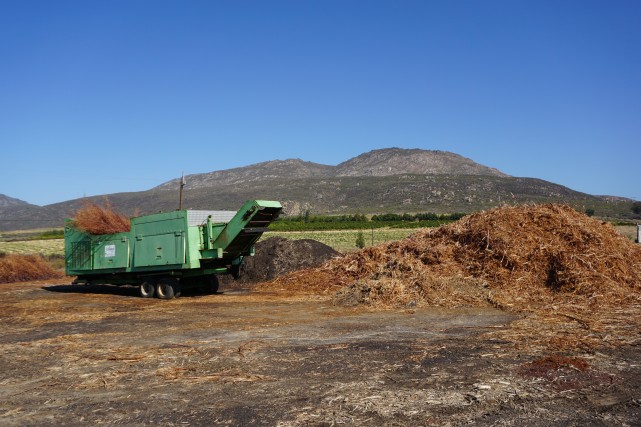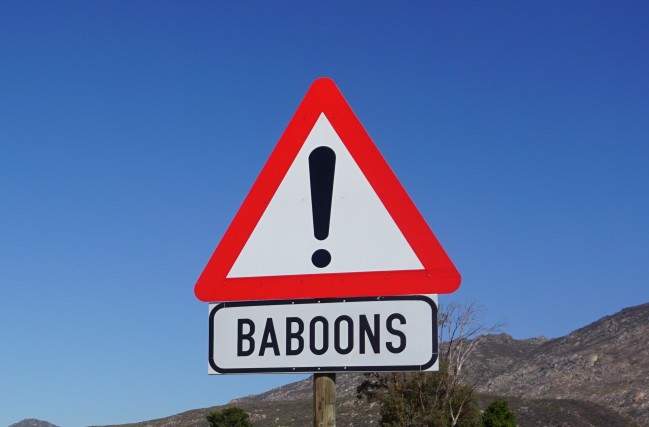WILLIE OLDENDAAL & MIKE STEKHOVEN – SOUTH AFRICA
Mike: “When people ask me about what organic farming consists of, I tell them that it is basically a holistic way of producing food and at the same time trying to preserve the surrounding landscapes by using systems as close as possible to those that occur in nature”. Willie elaborates on how working together with nature saves them great amounts of precious fresh water: “The soil here is rather sandy and therefore we have to build our soils. A healthy soil environment is created by using manure from cows and agro waste material to make compost. This helps to build up soil organic matter which in turn can be seen as fertility agents. The use of compost also helps to minimize soil erosion and therefore nutrient and water loss. The fact that we use high quality compost allows us to save a lot of water. Just to give you an idea, we can easily work with one third less water than our conventional neighbours in the valley”. It therefore comes as no surprise that after the drought of 2018 in this region, many conventional growers are choosing to work with compost as a way to lower their water usage.
To learn more about this grower click here.




